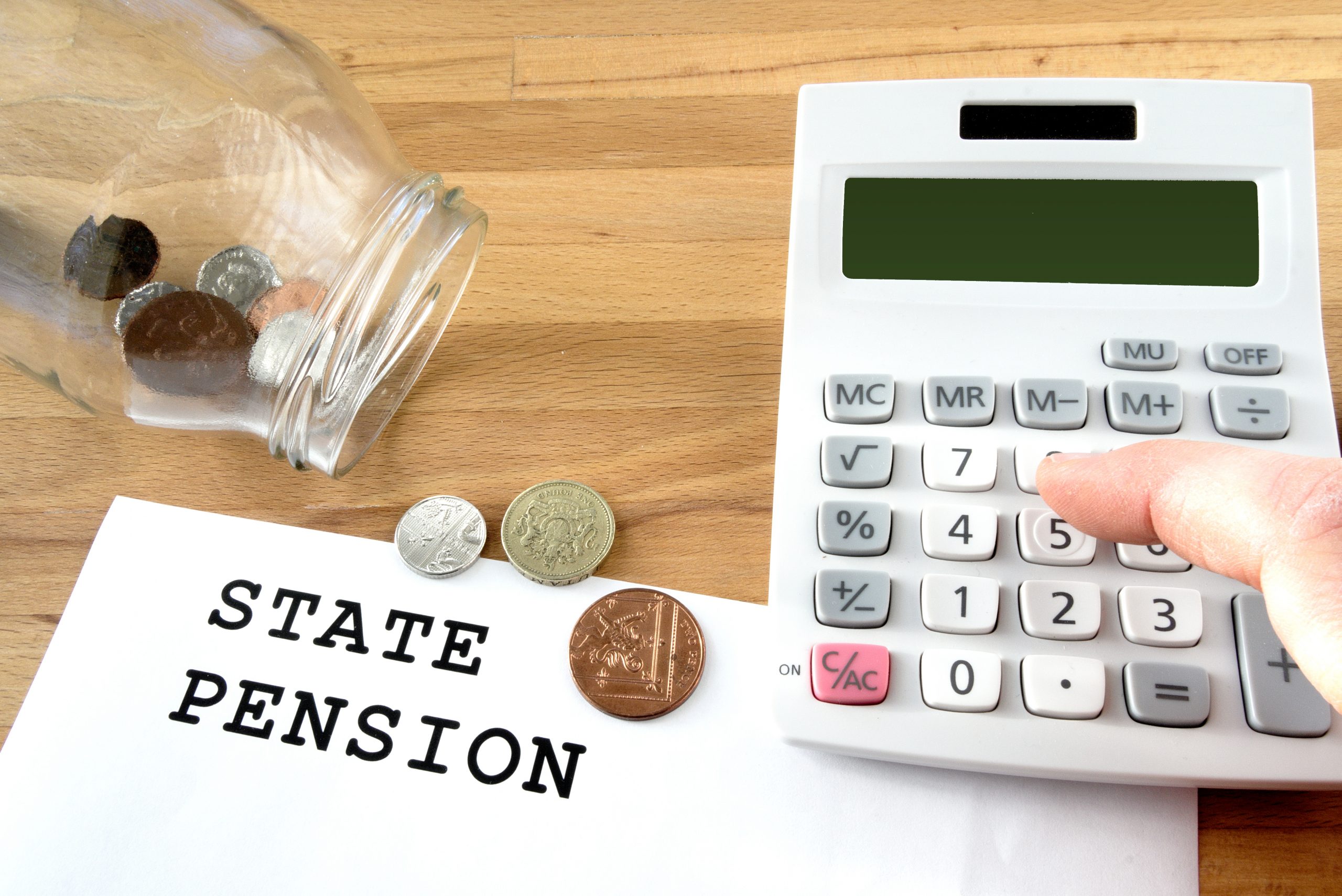News
Pension Awareness Week: Triple lock could raise state pension bill by £45bn a year in 2050

The state pension is highly likely to be increased next April after the Office of National Statistics (ONS) releases its latest average earnings growth from May to July on 12 September.
This is due to the state pension being bound by the triple lock, which guarantees that the state pension will rise by the highest total out of average earnings, inflation or a rise of 2.5%.
Last month’s ONS figures for growth earnings which covered the period from April to June showed that wage rises had reached 8.2%, and will have to fall dramatically to drop below the current inflation rate of 6.8% in the year to July.
The Institute for Fiscal Studies (IFS) today released a report which concluded that since the triple lock’s introduction in 2011, the Government has now spent £11 billion per year more on the state pension than if it had used a single lock.
It was also revealed that if the triple lock had not been in place since 2011, but instead the state pension had risen in line with inflation (which has been slightly higher than earnings growth), a full new state pension would now be worth around £180 per week, 11% less than its current value of £204 per week.
Looking ahead, the IFS revealed that maintaining the triple lock could push additional state pension spending up by between £5bn and £45bn per year into today’s terms. This is taking into account the growing size of the pensioner population.
Triple lock uncertainty
According to the IFS, the triple lock generates considerable uncertainty for individuals regarding the state pension they might receive in the future. A reasonable range (occurring 80% of the time) for the value of the state pension in 2050 is between 26% and 32% of mean full-time earnings. In today’s terms, this would mean a range of £10,900 to £13,400 per year – a difference of £2,500 per year. This uncertainty over the value of the state pension makes it harder for people to plan for retirement.
Heidi Karjalainen, one of the authors of the report and a Research Economist at IFS, said: ‘The triple lock makes it especially hard to know how much you might receive from a state pension and how much the state pension will cost the state in the future.
“An additional real risk is that retaining the triple lock for too long increases state pension spending so significantly that it leads to insurmountable pressure for a much higher state pension age. This would particularly affect people with poorer health who struggle to remain in employment until they reach state pension age.”
In the run up to the next General Election, the commitment to the triple lock system is unclear. Chancellor Jeremy Hunt is thought to have his doubts over the system, while the Labour party have pledged to include it in their next manifesto.